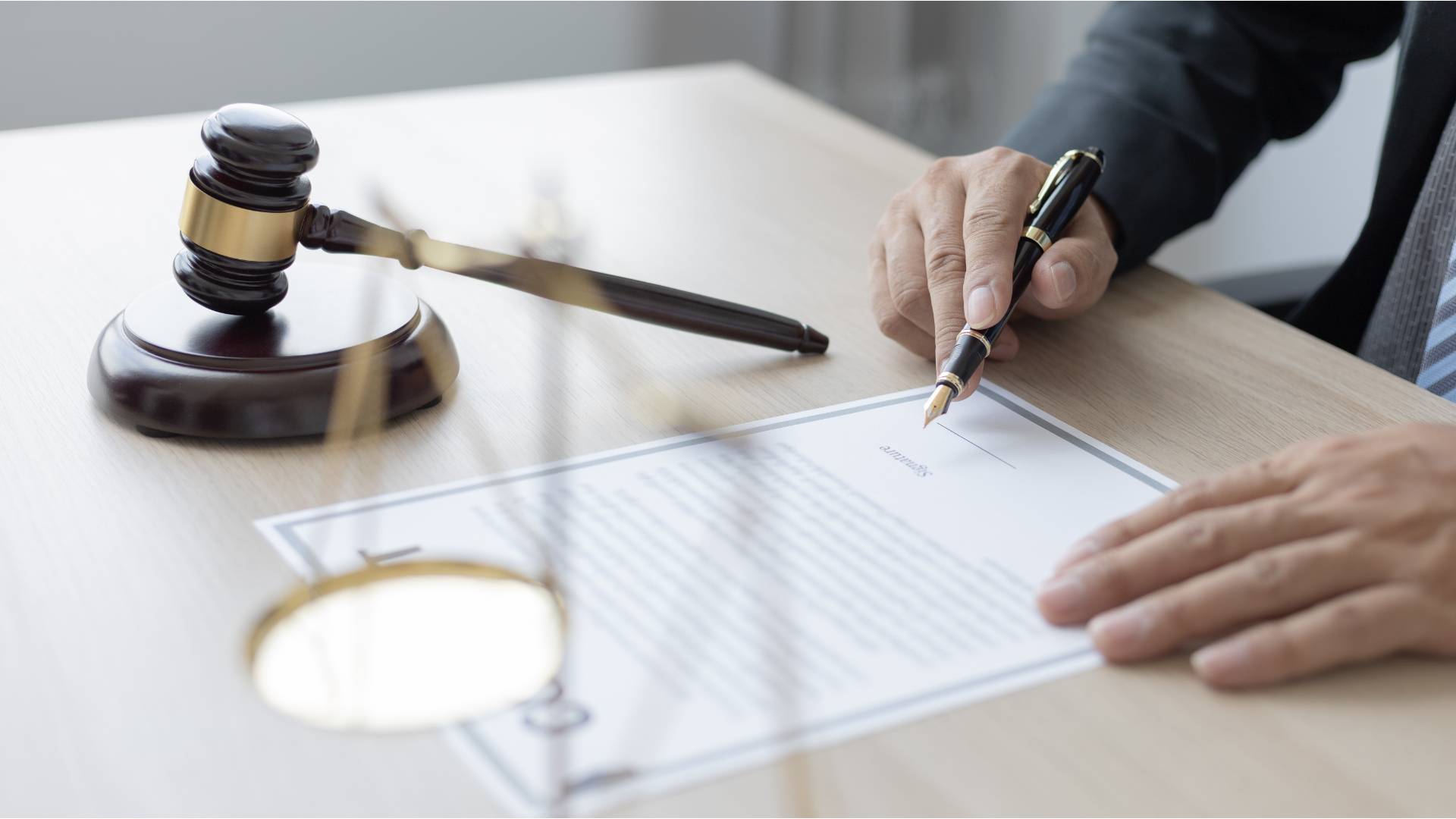After experiencing a personal injury, victims may seek financial recompense through litigation. By filing such a suit, victims can claim damages for medical bills, lost wages and pain and suffering.
Each state imposes a timeframe for filing personal injury suits known as the statute of limitations; generally in New York residents have three years from when an incident occurred to file civil claims.
State Court
When someone suffers injuries due to someone else’s negligent actions, they have legal rights that should be respected and it is wise to consult an experienced personal injury attorney as early as possible in the process.
Your attorney can first help you identify where in your state to file your lawsuit, taking into account factors like witness locations and laws known as venue rules.
After filing your complaint with the court, your lawyer will send out a summons to notify them they’re being sued and that they must respond to your requests for information.
Your New York personal injury attorney will collect medical records, witness statements and other evidence in support of your claim, such as medical reports and witness testimonies to show the severity of your injuries and losses. A judge or jury will then consider all this evidence before hearing testimony from both sides about liability and compensation issues.
Federal Court
While most personal injury suits are filed in state courts, in certain instances a case can be elevated to federal court due to diversity jurisdiction. This typically happens with car accident lawsuits where both plaintiff and defendant live in different states.
Personal injury lawsuits that escalate to federal level may also occur when their underlying law violates federal statute. This phenomenon, called original jurisdiction, is fairly rare but could arise in cases involving police brutality or wrongful death at VA hospitals.
Plaintiffs filing personal injury suits in federal courts typically seek damages to compensate them for physical and mental injuries sustained. Damages can either be general (includes an injury’s monetary value) or special (more specific consequences of an injury that can be assigned a precise dollar value).
Court of Claims
When someone’s negligence causes you harm, it may seem tempting to sue in court in order to recover your losses. Before filing a suit however, you should carefully consider its potential ramifications before proceeding with such action.
As the initial step in any legal case, filing a complaint lays out your claims and how much compensation is sought from those responsible. Once served upon them, this document must be returned within a specified timeframe – usually through professional process servers or legal officials.
As part of the litigation process, both sides will complete extensive investigations into one another’s claims and defenses, which can take time. At trial, you must present evidence regarding your injuries and losses to a judge or jury who will then make their determination on who should pay damages to either party.
Arbitration
Arbitration is an alternative way of resolving personal injury cases outside of court, often less expensive and more flexible in terms of scheduling than litigation. However, arbitration may also be more complex because parties must agree upon an arbitrator and rules of evidence before awards can be appealed.
Your injury lawyer can help you decide whether arbitration is best suited to your case. If both of you agree to enter into arbitration proceedings, both will need to sign an agreement binding both of you to the decision made by an arbitrator.
At an arbitration hearing, both you and the defense attorney will present opening statements before questioning witnesses under oath about the events of your car accident. An arbitrator will review all evidence before rendering their verdict; should either of you disagree with it, you can submit a request to have it reconsidered within 30 days with the clerk of court.


